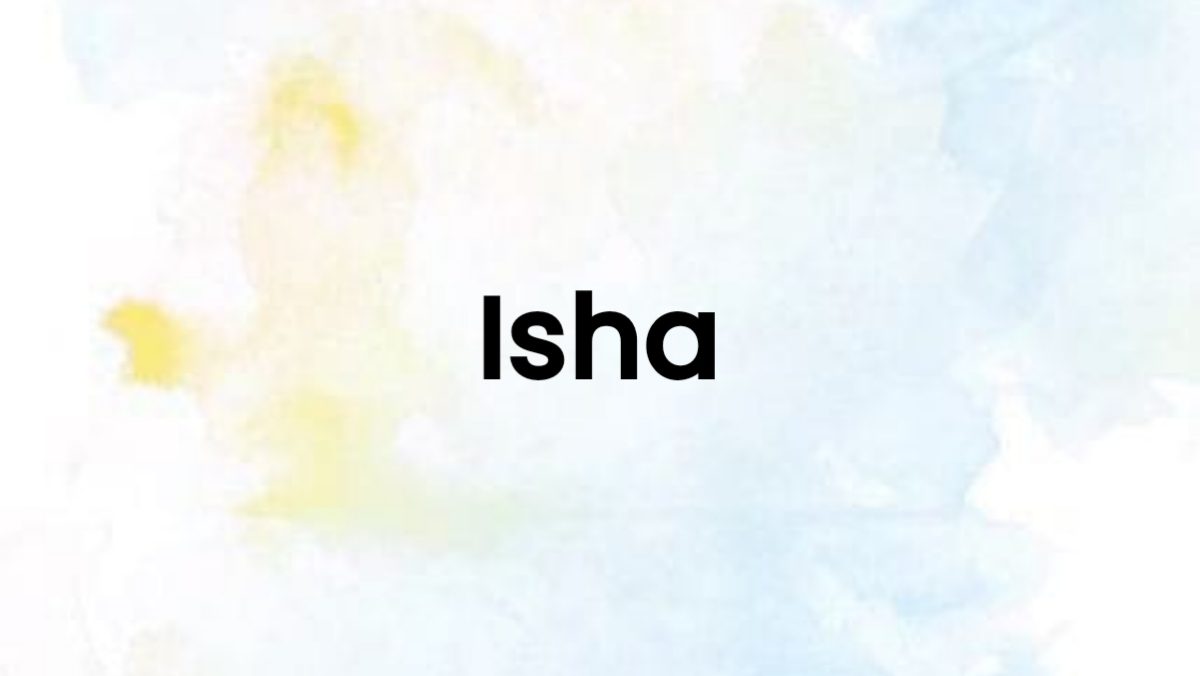What Does the Quran Say About Education
What does the Quran say about education? Let me enlighten you with the first word revealed to the Prophet Muhammad (PBUH): ‘Iqra’ (Read). One word highlights the significance of gaining knowledge in Islam. Both men and women are supposed to achieve education because it would help them understand better the creation done by God and carry out their duties accordingly. In Islam, education is not just about religious learning; it is also seen as a way to build good character, grow spiritually, and help society advance.
The Importance of Education in Islam
Education is seen as a very important part of Islam, and it is believed to be essential for the growth and success of people and communities. In the Quran, there is a strong focus on learning, and the first word revealed to Prophet Muhammad was “Iqra,” which means “Read. Therefore, this indicates that education is required to be acquired throughout life. Key importance:
- Spiritual Growth: Learning more helps people better understand their faith and the world, bringing them closer to God.
- Equality in Learning: Islam supports both men and women in getting an education, showing the religion’s belief in equal opportunities and intellectual growth.
- Holistic Development: Islamic education isn’t just about religion. It includes all subjects, like science, philosophy, and ethics, helping people grow in many ways.
- Contributing to Society: An educated person is better able to help their community thrive and improve, as knowledge leads to new ideas, fairness, and peace.
Education in the Early Days of Islam
From the beginning of Islam, scholars have greatly valued gaining knowledge in every area, thinking that learning helps people understand the truth and get closer to God. Islamic history shows examples of the intellectual pursuit of knowledge, with institutes like the House of Wisdom in Baghdad being at the forefront of learning and discovery.
What Does the Quran Say About Education? To understand this, we need to look at the early days of Islam when seeking knowledge was not just supported but considered a religious responsibility.
Key aspects of education during this time include:
- Informal Learning: Education in the early stages was very informal, with a centralized operation in mosques where people would go to hear directly from scholars and the Prophet himself.
- Early Islamic education: Emphasized studying the Quran and the sayings of the Prophet, which helped create a society that highly values moral and ethical principles.
- Equal Learning Opportunities: Education was open to everyone, regardless of their social class or gender. Both men and women were supported in their quest for knowledge, as gaining understanding was seen as a responsibility for all Muslims.
- Growth of Learning Groups: Islamic society soon developed groups of scholars who valued not just religious teachings, but also science, philosophy, and literature. This created a strong culture of learning that flourished in places like Mecca, Medina, and later Baghdad.
How Did Prophet Muhammed Highligt Education
Prophet Muhammad fostered the acquisition and sharing of knowledge regarding various subjects of both religious and worldly importance, and this propelled individuals into seeking an educated framework for their lives. His teachings on learning are thus foundational in constructing an enduring culture of intellectual growth coupled with spiritual development. How?
- Fostering a Culture of Learning: Prophet Muhammad frequently highlighted the importance of acquiring knowledge. His teachings helped build a community where learning was everyone’s duty, making education a key part of the Islamic lifestyle.
- Leading by Example: The Prophet was a teacher himself, showing his followers the Quran, Islamic beliefs, and moral values. His mosque in Medina was one of the first places where people gathered to learn and talk about both religious and everyday knowledge.
- Promoting Equal Access to Education: Prophet Muhammad encouraged both men and women to pursue knowledge in a manner that was contrary to societal norms, allowing all Muslims to learn and grow in their respective ways.
- Encouraging Critical Thinking: The Prophet assured reflection, understanding, and questioning through his various teachings and discourses, hence creating an atmosphere where intellectual curiosity was fostered.
What Does the Quran Say About Education
The Quran strongly encourages seeking knowledge and education, seeing it as essential for personal development, spiritual insight, and community advancement. Here are some important verses that emphasize the value of education:
- “Read in the name of your Lord who created, created humans from a clinging substance. Read, and your Lord is the most Generous—Who taught through the pen; taught humans what they did not know. ”The Clot”
- “Say, ‘Are those who know equal to those who do not know?’Only those with understanding will remember. “Az-Zumar”
- And say, ‘My Lord, increase my knowledge. “Taha”
- “Allah will raise the ranks of those among you who believe and those who have knowledge.“Al-Mujadila”
What Does the Quran Say About Education of Women?
The Islamic faith places immense emphasis on the education of both males and females, as seeking knowledge is considered a duty upon all believers. From the early days of Islam, Prophet Muhammad (PBUH) actively promoted the education of women, despite adverse cultural feelings. Indeed, he said, “Seeking knowledge is obligatory upon every Muslim” which itself reveals that the pursuit of education falls upon both genders.
Teaching women was important not just for their own development, but also for the community. A well-educated woman helps raise smart, honest children, which is very important for the future.
In Islamic history, there are many famous female scholars, like Aisha (RA), who was the Prophet’s wife. She was a well-known expert in Islamic law and morals.
Prophet Muhammad’s efforts to make learning environments inclusive allow women to come to the mosque to pray and to learn, laying the ground for a tradition of female scholarship in Islam.
Types of Knowledge in Islam
- Religious Knowledge (Ilm al-Din)
This one is all about religion and faith, the holy Quran, prophetic sayings, and Islamic fiqh. It involves core beliefs, the ways of worship, and correct conduct that govern a Muslim’s life. Acquiring religious knowledge is obligatory upon each Muslim since practicing faith, fulfillment of moral commitments, and conduct become meaningful through the acquisition of such knowledge. - Worldly Knowledge (Ilm al-Dunya)
This includes all the knowledge about the physical world, like science, medicine, technology, math, and art. Everyday knowledge is seen as helpful alongside religious knowledge, as it helps Muslims live and make a positive impact in the world.
- Useful Knowledge (Ilm an-Nafi’)
In Islam, knowledge that helps both individuals and society is highly valued. The Prophet Muhammad used to pray for “beneficial knowledge”; his prayers were motivated by the fact that it connotes both religious and worldly knowledge in serving as a guide for leading a good life and making positive contributions to the world.
To deepen your understanding of religious knowledge, you can learn Quran online with Noor Institute and unlock the wisdom of the Quran.
What is the difference between Knowledge and Education?
Islam places great importance on both knowledge (Ilm) and education, although they serve different purposes and have distinct meanings. Knowledge means understanding, wisdom, and awareness about different topics, including religious and everyday matters. It is seen as a special gift from God that people can get by studying the Quran, Hadith, personal experiences, and observing nature. Knowledge in Islam includes both religious knowledge (Ilm al-Din) and worldly knowledge (Ilm al-Dunya), and seeking knowledge is considered a form of worship.
In contrast, education in Islam means a structured and official way of teaching and learning that helps a person grow mentally and build good character, focusing on moral values and skills for daily life. This education is usually gained through schools, mosques, and family or community settings. Islamic education covers both religious teachings and practical skills, aiming to develop both spiritual and worldly aspects of a person’s life.
Overall, from an Islamic perspective, education and knowledge are related. Education allows individuals to acquire knowledge, which in turn leads to stronger faith, enhances personalities, and supports communities.
Join Quarn Education Classes with Noor Institute
Joining Quran online classes with Noor Institute presents a valuable opportunity to delve deeply into the profound teachings of the Quran, with a special focus on its emphasis on education. Important questions like “What Does the Quran Say About Education?” and other important queries about pursuit of knowledge in Islam to fully understand its basic ideas.
Our complete course plan is made to help you link Quran lessons with both religious and general education, so you can use this knowledge in your daily life. With help from skilled teachers, Noor Institute’s online lessons provide a perfect setting for organized learning, thinking, and spiritual development.
Begin your journey to knowledge with Noor Institute. Book your free trial now!












